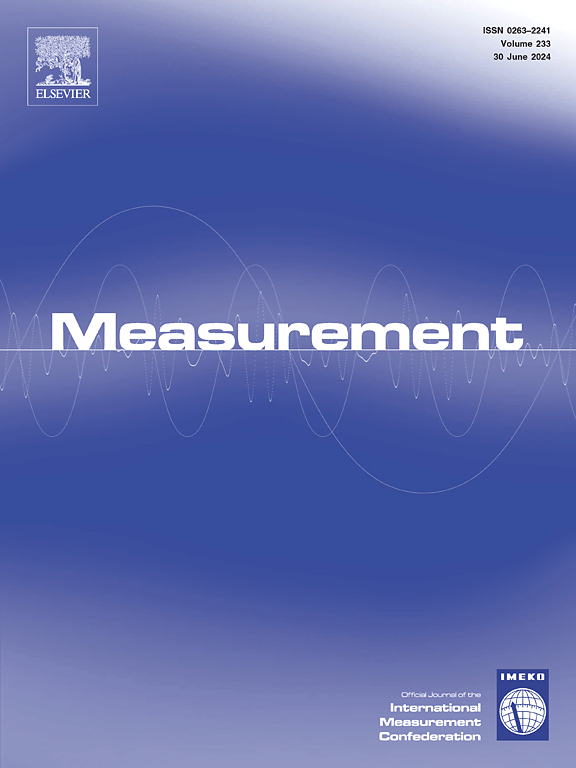A phase space and network-based approach for diagnosing compensation capacitor faults in Jointless Track Circuits
IF 5.6
2区 工程技术
Q1 ENGINEERING, MULTIDISCIPLINARY
引用次数: 0
Abstract
The reliability of compensation capacitors in Jointless Track Circuits (JTCs) is critical for maintaining stable signal transmission and ensuring train operation safety. However, these components are prone to degradation due to long-term use and environmental disturbances, leading to potential signal anomalies. Traditional diagnostic methods often fail to cope with the nonlinear, time-varying, and multi-fault characteristics of track circuit signals. This paper proposes a novel fault diagnosis approach that integrates phase space reconstruction with complex network analysis. First, one-dimensional track signals are mapped into a high-dimensional phase space to reveal dynamic behaviors. Singular Value Decomposition (SVD) is applied to the trajectory matrix for dominant feature extraction. A complex network is then constructed from the processed signal, and key topological metrics — such as degree centrality, clustering coefficient, betweenness centrality, and local structure entropy — are computed to identify fault-related patterns. Experimental validation using real-world JTC signal data demonstrates that the proposed method achieves superior diagnostic accuracy and robustness compared to conventional techniques. Notably, the clustering coefficient proves highly sensitive in differentiating between healthy and faulty conditions. The proposed framework offers a scalable and effective solution for early fault detection and real-time condition monitoring in railway signal systems.

基于相空间和网络的无缝轨道电路补偿电容故障诊断方法
无缝轨道电路中补偿电容的可靠性对保持信号传输稳定、保障列车运行安全至关重要。然而,由于长期使用和环境干扰,这些组件容易退化,导致潜在的信号异常。传统的诊断方法往往不能很好地处理轨道电路信号的非线性、时变和多故障特性。提出了一种相空间重构与复杂网络分析相结合的故障诊断方法。首先,将一维轨迹信号映射到高维相空间以揭示动态行为。利用奇异值分解(SVD)对轨迹矩阵进行优势特征提取。然后从处理后的信号构建一个复杂的网络,并计算关键拓扑指标-如度中心性,聚类系数,中间中心性和局部结构熵-以识别故障相关模式。使用真实JTC信号数据进行的实验验证表明,与传统技术相比,该方法具有更高的诊断准确性和鲁棒性。值得注意的是,聚类系数在区分健康和故障状态方面非常敏感。该框架为铁路信号系统的早期故障检测和实时状态监测提供了一种可扩展和有效的解决方案。
本文章由计算机程序翻译,如有差异,请以英文原文为准。
求助全文
约1分钟内获得全文
求助全文
来源期刊

Measurement
工程技术-工程:综合
CiteScore
10.20
自引率
12.50%
发文量
1589
审稿时长
12.1 months
期刊介绍:
Contributions are invited on novel achievements in all fields of measurement and instrumentation science and technology. Authors are encouraged to submit novel material, whose ultimate goal is an advancement in the state of the art of: measurement and metrology fundamentals, sensors, measurement instruments, measurement and estimation techniques, measurement data processing and fusion algorithms, evaluation procedures and methodologies for plants and industrial processes, performance analysis of systems, processes and algorithms, mathematical models for measurement-oriented purposes, distributed measurement systems in a connected world.
 求助内容:
求助内容: 应助结果提醒方式:
应助结果提醒方式:


